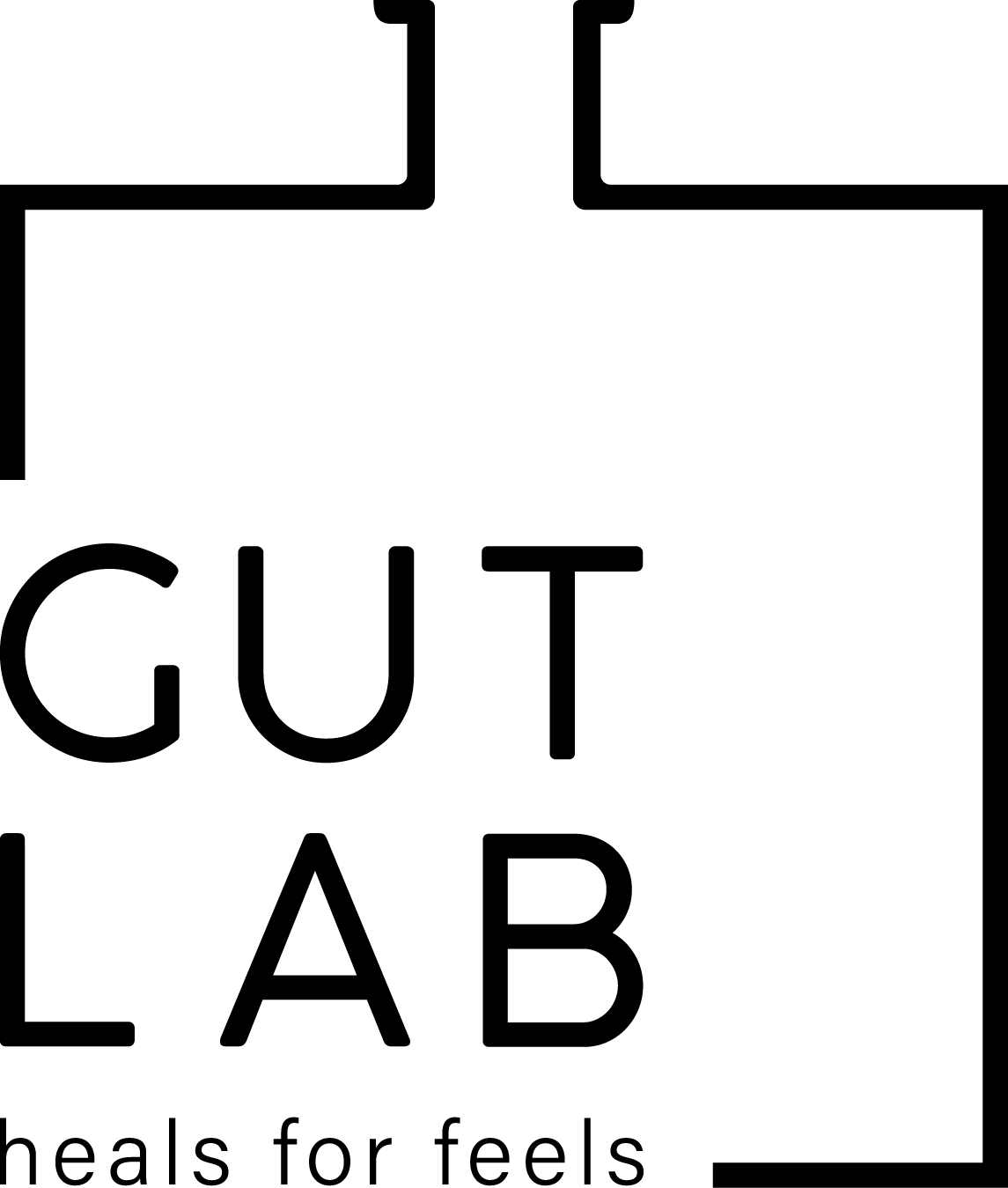Are your minerals out of balance?
Do you have a basic understanding of nutrients? In our current world, the nutrient content in much of our food is poor. If you want to stay away from white coats, health optimisation is your own responsibility, and it starts with whatever macro and micro-nutrients are (or aren’t) on your fork.
Minerals, like vitamins, are known as micronutrients. Micronutrients are the next tier down from macronutrients, which are: proteins, fats and carbohydrates. The main difference between vitamins and minerals is that vitamins are organic, which means they are produced by plants or animals, and minerals are inorganic, meaning they are ‘of the earth’, found in water and soil, and are consumed or absorbed by plants and animals. Minerals cannot be produced in the body so must be obtained through diet for all cells to operate properly. Minerals are primarily needed for tissue growth and maintenance, fluid regulation, and also act as antioxidants that fight disease. Often, complex health issues are simply a lack or imbalance of minerals which cause a domino effect of problems and can be easily rectified with specific mineral-based food-as-medicine protocols and/or correct supplementation. Minerals are divided into two main categories, macro minerals and trace minerals.
MACRO MINERALS are needed in amounts more than 100mg per day.
These include:
Calcium
Magnesium
Phosphorus
Sodium
Chloride
Potassium
TRACE MINERALS are just as essential but required in amounts less than 100mg per day.
These include:
Chromium
Selenium
Copper
Fluorine
Iodine
Iron
Manganese
Molybdenum
Zinc
Cobalt
Bromine
Silica
Vanadium
Boron
Trace minerals might only be needed in teeny tiny amounts, but without many of them life would not be possible. Their importance is heightened these-days as the soils are over-farmed or contaminated and depleted of many of these important minerals. This depletion is then passed on to the produce grown from said soils. The nutrition of a carrot grown on an organic farm is vastly different to that of a conventional supermarket carrot… and our health suffers as a consequence of this.
Deficiencies and excess:
Minerals can be toxic when in excess, and cause deficiencies when low. Food sources are the best sources as the body knows how to naturally dispose of any excess. Supplements are great when necessary, however the body is not as great at disposing of excesses when the mineral comes is in supplemental form. Therefore, checking in with your nutritionist or naturopath is the best way to know how you are going with mineral and your health. You can do this here. Additionally, all minerals have varying bioavailability, meaning that various binders and anti-nutrients such as phytates and oxalates can affect absorption capacity. For example, when consuming plant-based sources of iron alongside raw spinach, the oxalates in the raw spinach prevent the iron from being absorbed. Conversely, consuming the plant-based iron food with raw red capsicum (which is high in vitamin C), would increase the absorption of iron. So when you are low (or high, but deficiencies are more common) in any mineral, a bit of guidance on some easy food-as-medicine tips you can implement each day or week are the best way to keep on top of it all.
In the western world, it is very common to be lacking in iron, magnesium, potassium, calcium and many of the trace minerals such as zinc.
I commonly see in my clients:
IRON DEFICIENCY: weakness, headaches, trouble concentrating, poor immune health, fatigue. Around 15-20% of women in the western world are iron deficient. For iron tips, food sources and amounts needed, check out my patient resource here.
POTASSIUM INADEQUACY: muscle weakness, irregular heartbeat, nerve paralyses, dehydration.
SODIUM EXCESS: hypertension, water retention, calcium loss, weak bones as a consequence of calcium loss. Processed foods are the main culprit for sodium excess.
ZINC INADEQUACY: poor immune system, alopecia, gut problems and leaky gut, decreased taste, slow wound healing, night blindness, dermatitis, mood imbalances. For my video on zinc click here.
CALCIUM DEFICIENCY: porous bones (aka osteoporosis), weak/brittle bones and fractures, Calcium deficiency is also present in most blood pressure problems, and colon cancer patients. *Did you know, you build 90% of your bone mass by age 18?! Then, you build 10% between the ages of 18-35?! After that it’s about preservation. You must consume enough calcium regularly to preserve what you have got. And you can lose 1% per year after age 35… That’s 1/3 of bone mass by age 60!! 25% of women after 50 are diagnosed with osteoporosis. For calcium tips, food sources and amounts needed, check out my patient resource here.
I hope this has been helpful for you!
A one on one nutritional consult with me can provide you with the right basic knowledge to avoid or amend deficiencies, supplement correctly and avoid toxicity, and feel better and stronger than you have ever felt before. Most of us could benefit from a mineral check in and I would love to be the one to help you.
Sarah x


